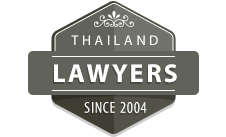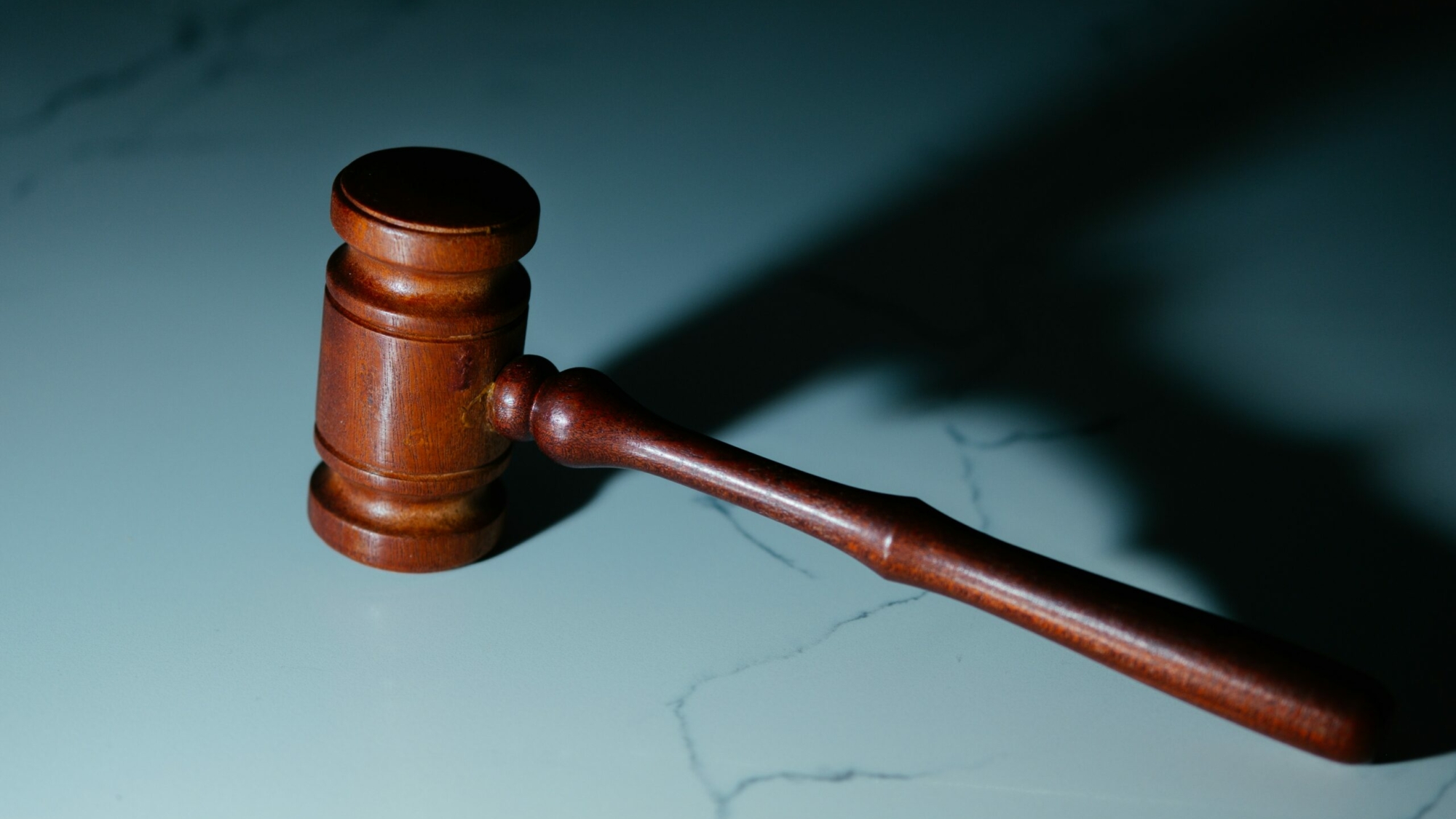Litigation in Thailand follows a civil law system, primarily governed by the Civil and Commercial Code, Criminal Code, Civil Procedure Code, and Criminal Procedure Code. Thai courts hear disputes in a variety of legal areas, including commercial, civil, criminal, administrative, labor, and intellectual property law.
Foreign individuals and companies engaging in litigation in Thailand must navigate strict procedural rules, language barriers, and potential jurisdictional limitations. This guide provides an in-depth analysis of the Thai litigation system, covering court structure, procedural rules, legal representation, enforcement of judgments, and key challenges for litigants.
1. Structure of the Thai Court System
Thailand’s court hierarchy consists of three levels, each with different jurisdictions and appellate processes.
1.1 Courts of First Instance (Trial Courts)
These courts handle initial hearings and fact-finding for civil and criminal cases.
| Court | Jurisdiction |
|---|---|
| Civil Court | Disputes over contracts, property, commercial transactions. |
| Criminal Court | Criminal offenses such as fraud, assault, defamation. |
| Labour Court | Employment and wrongful termination cases. |
| Administrative Court | Lawsuits against government agencies and officials. |
| Central Intellectual Property and International Trade Court (CIPITC) | Patent, trademark, copyright, and cross-border trade disputes. |
| Central Tax Court | Tax-related disputes with the Revenue Department. |
| Juvenile and Family Court | Divorce, child custody, adoption cases. |
1.2 Courts of Appeal
✔ Handles appeals from the trial courts.
✔ Reviews legal errors and procedural fairness.
1.3 Supreme Court (Dika Court)
✔ The highest court in Thailand, reviewing cases for final legal interpretation.
✔ Only accepts cases with significant legal implications.
2. Civil Litigation in Thailand
Civil litigation in Thailand involves private disputes between individuals or companies over contracts, property, or personal injury claims.
2.1 Steps in a Civil Lawsuit
Step 1: Filing a Complaint
✔ The plaintiff submits a statement of claim to the Civil Court.
✔ Must include details of the dispute, legal basis, and relief sought.
✔ Court fees depend on claim value (2% of damages claimed, capped at THB 200,000 per case).
Step 2: Summons and Defendant’s Response
✔ The court serves a summons to the defendant.
✔ The defendant has 15-30 days to submit a written response.
✔ Failure to respond may result in default judgment against the defendant.
Step 3: Pre-Trial Mediation and Settlement
✔ Thai courts encourage mediation before trial.
✔ If settlement is reached, the case is dismissed.
✔ If mediation fails, the case proceeds to trial.
Step 4: Trial Proceedings
✔ Conducted before a panel of judges (no jury system in Thailand).
✔ Both parties present witness testimony, expert opinions, and documentary evidence.
Step 5: Court Judgment
✔ The court issues a written judgment, explaining legal reasoning and verdict.
✔ Either party can appeal within 30 days if dissatisfied.
Step 6: Enforcement of Judgments
✔ Winning party requests court enforcement if the losing party refuses to comply.
✔ The court can seize assets, freeze bank accounts, or order debt repayment.
3. Criminal Litigation in Thailand
Criminal cases in Thailand involve prosecution by the state for offenses such as fraud, defamation, assault, and corruption.
3.1 Criminal Proceedings
✔ Cases start with police investigation and formal charges by the Office of the Attorney General.
✔ The burden of proof is on the prosecution to establish guilt beyond a reasonable doubt.
✔ Defendants have the right to legal representation and bail applications.
✔ Sentencing can include fines, imprisonment, or capital punishment (for severe crimes).
4. Alternative Dispute Resolution (ADR) in Thailand
To reduce court backlog, Thai law encourages mediation and arbitration.
4.1 Mediation
✔ Available in civil, commercial, and family disputes.
✔ Conducted by court-appointed mediators or private mediation centers.
4.2 Arbitration
✔ Used in business disputes, international trade, and investment disputes.
✔ Governed by the Arbitration Act B.E. 2545 (2002).
✔ Common arbitration venues include the Thailand Arbitration Center (THAC) and Thai Arbitration Institute (TAI).
5. Recognition and Enforcement of Foreign Judgments in Thailand
Unlike some jurisdictions, Thailand does not automatically recognize foreign court judgments. Instead, a party must file a new lawsuit in a Thai court based on the foreign judgment.
✔ Foreign arbitral awards are enforceable under the New York Convention (1958) if recognized by a Thai court.
✔ Evidence from foreign cases can be used to support claims, but Thai courts will conduct independent legal reviews.
6. Challenges in Thai Litigation for Foreigners
| Challenges | Solutions |
|---|---|
| Language Barrier | All court proceedings are in Thai; foreign litigants need a licensed Thai lawyer. |
| Slow Court Processes | Civil cases take 1–3 years, appeals can take 5+ years. |
| Foreign Judgment Recognition | Must file a new case in Thailand to enforce foreign rulings. |
| Court Bias Against Foreigners (Perceived or Real) | Strong legal representation and Thai legal experts recommended. |
| Strict Documentary Evidence Rules | Certified Thai translations required for all foreign documents. |
7. Notable Litigation Cases in Thailand
7.1 Defamation Lawsuits in Thailand
Thailand has strict criminal defamation laws (Section 326-328 of the Thai Criminal Code). Individuals and companies have used defamation laws to sue for social media posts, news articles, and online reviews.
✔ Example: Activists and journalists have been sued by corporations for exposing environmental and labor rights issues.
7.2 Foreign Investment Disputes
Thailand has seen foreign investors filing lawsuits over contract disputes and regulatory changes.
✔ Example: Foreign companies involved in BOI investment disputes have used the Thai Arbitration Institute (TAI) for resolution.
7.3 Cross-Border Intellectual Property Disputes
✔ The Central Intellectual Property and International Trade Court (CIPITC) has handled major cases involving patent disputes, counterfeit goods, and software piracy.
8. Conclusion
Litigation in Thailand involves complex legal procedures, strict regulations, and lengthy court processes. Foreign litigants must navigate language barriers, foreign ownership restrictions, and differences in Thai legal principles.
While Thai courts provide a clear structure for resolving disputes, alternative dispute resolution (mediation and arbitration) is often recommended to avoid lengthy litigation and court congestion.
Given the legal complexities and enforcement challenges, working with experienced Thai litigation lawyers is essential for ensuring compliance and successful case outcomes.


Leave Your Comment